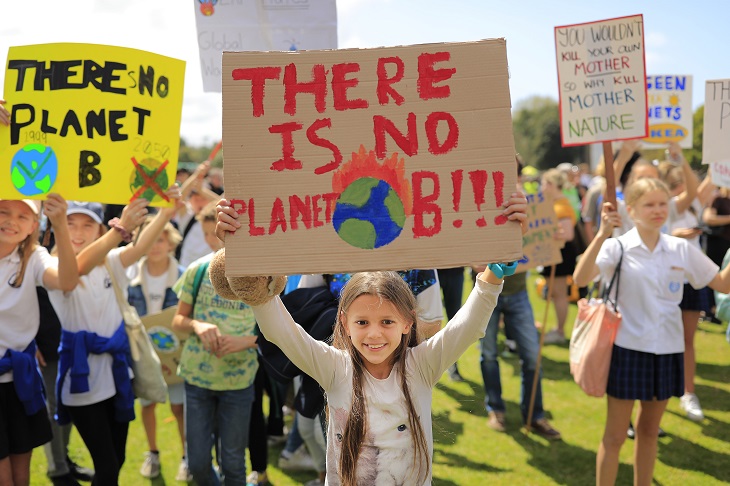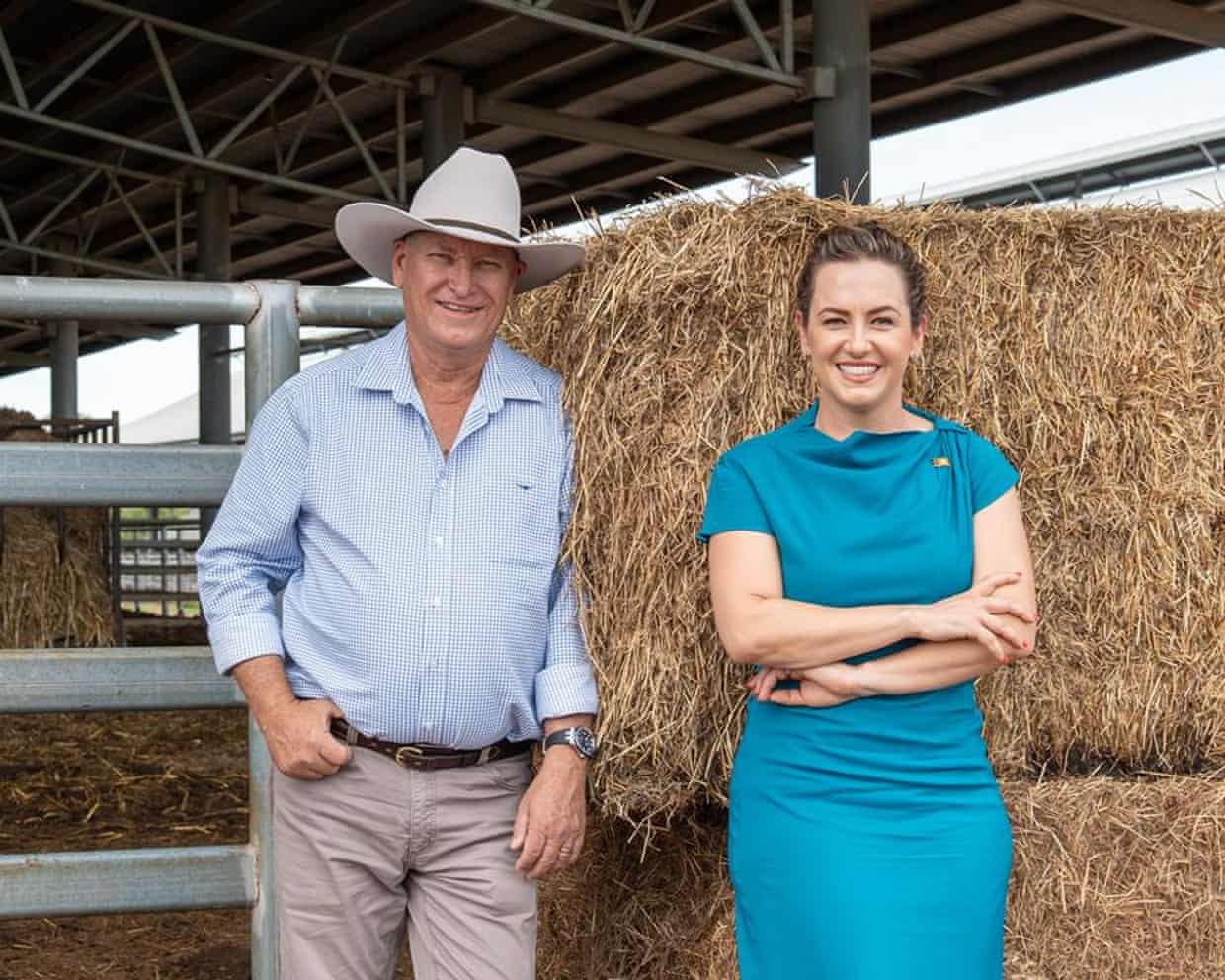
SYDNEY, AUSTRALIA - SEPTEMBER 20: Thousands of school students join protesters in a Climate strike rally on September 20, 2019 in Sydney, Australia. Rallies held across Australia are part of a global mass day of action demanding action on the climate crisis. (Photo by Mark Evans/Getty Images)
UPDATE: A controversial shift in climate education in Australia is raising urgent concerns among educators and scientists alike. New insights reveal that climate change is being taught not as a scientific fact but as a moral imperative, prompting fears over the integrity of science in classrooms.
Authorities confirm that the curriculum now embeds the idea of ‘Sustainability’ across all subjects, effectively removing climate science from its traditional realms of science and mathematics. This move, which affects students from all year levels, risks replacing empirical inquiry with emotional responses.
Colleen Harkin, Director of the Institute of Public Affairs, warns that this approach could lead to a generation of students who prioritize feelings over facts. “Students are being taught to feel anxiety and guilt about climate change rather than to engage critically with the evidence,” Harkin stated. “This is a significant departure from the scientific method, which thrives on questioning and debate.”
The implications of this educational transformation are profound. Students are now more likely to accept climate narratives as moral truths rather than subjects open to rigorous scrutiny. Harkin emphasizes that “real science welcomes disagreement,” and the current trend may stifle critical thinking skills necessary for the next generation of scientists.
Critics argue that the shift damages scientific literacy, as the complexities of the Earth’s climate system are often oversimplified. Many classrooms focus on the notion that carbon emissions are solely to blame for climate change, sidelining critical discussions about other contributing factors, such as water vapor.
The urgency of this issue cannot be overstated. As Australia continues to face severe climate challenges, the educational system’s response will shape public understanding and future policies. By framing climate change as a moral issue rather than a scientific one, educators risk creating a populace unprepared to engage with essential scientific debates.
As this situation develops, stakeholders are calling for a reevaluation of how climate education is delivered. Advocates for scientific integrity urge that students should be encouraged to question and explore, rather than conform to a predetermined narrative.
The education community and parents are advised to monitor these changes closely. If students are to be equipped for future challenges, they must be taught to analyze, debate, and understand the science behind climate change, not just feel it.
Stay informed as further developments unfold in this critical discussion about the future of science education.







